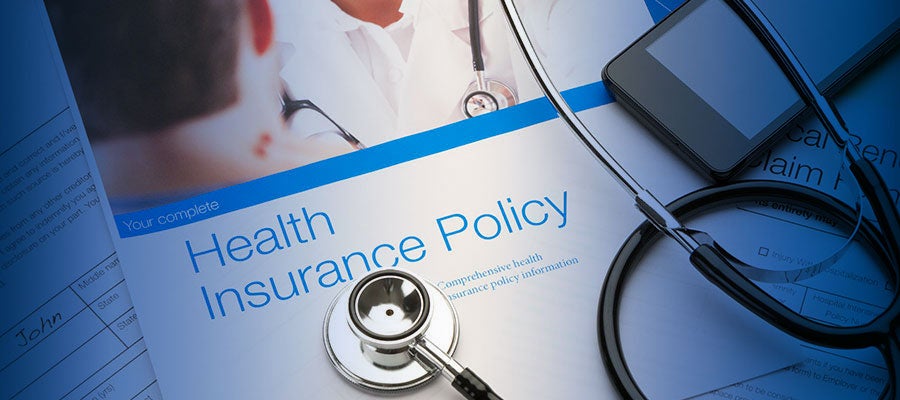
Now more than ever, hospitals and health systems need to encourage communities to stay healthy and protect themselves against the flu and COVID-19 by getting vaccinated and following recommended public health guidance to wear a mask, wash hands and socially distance.






